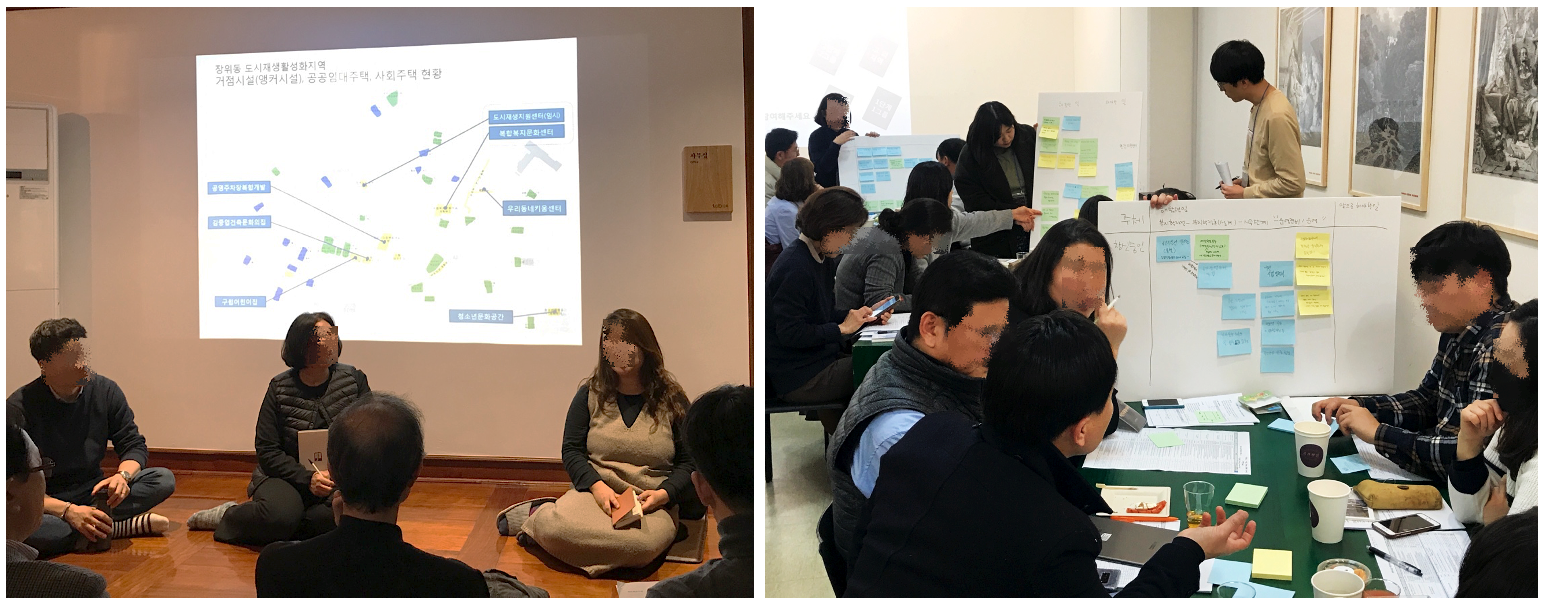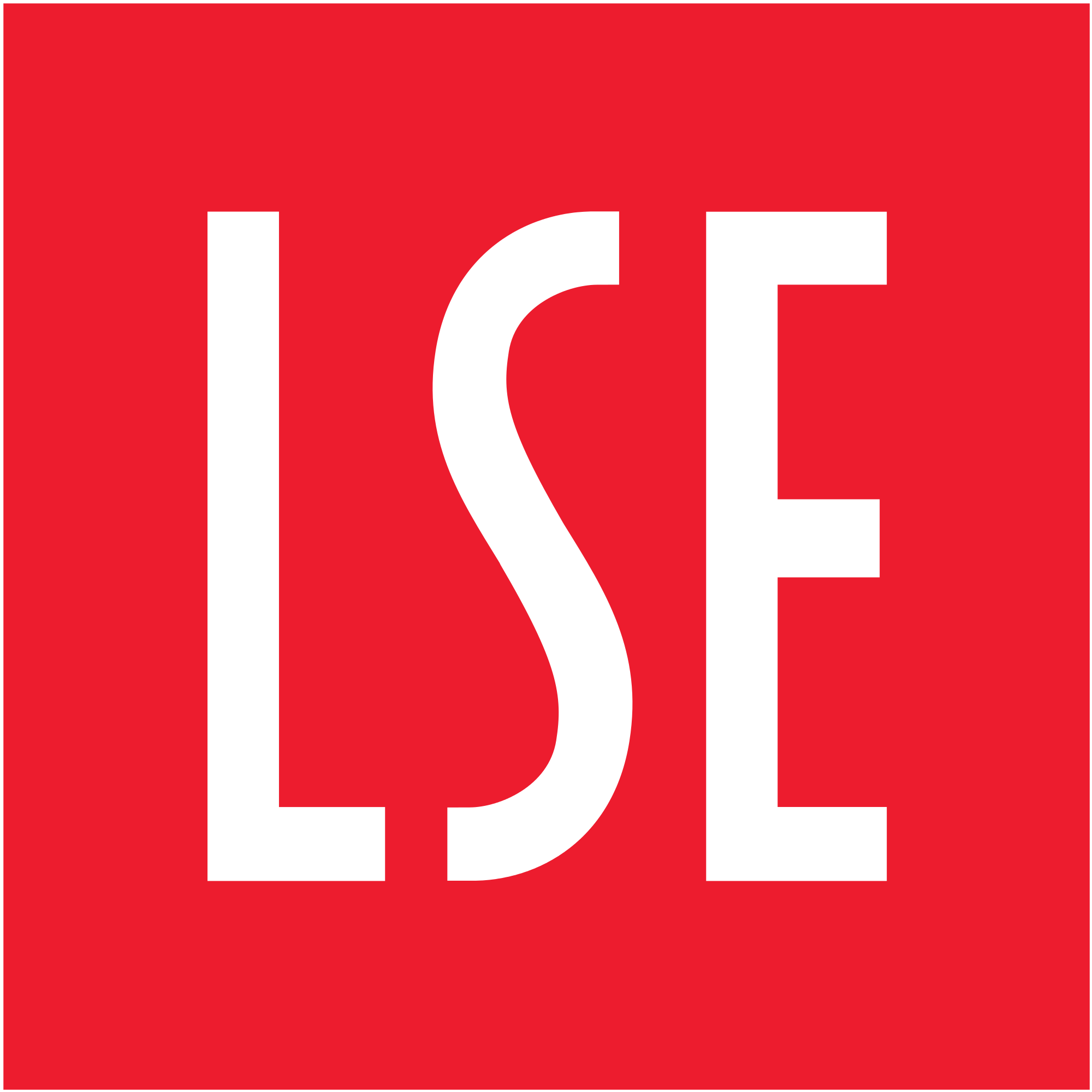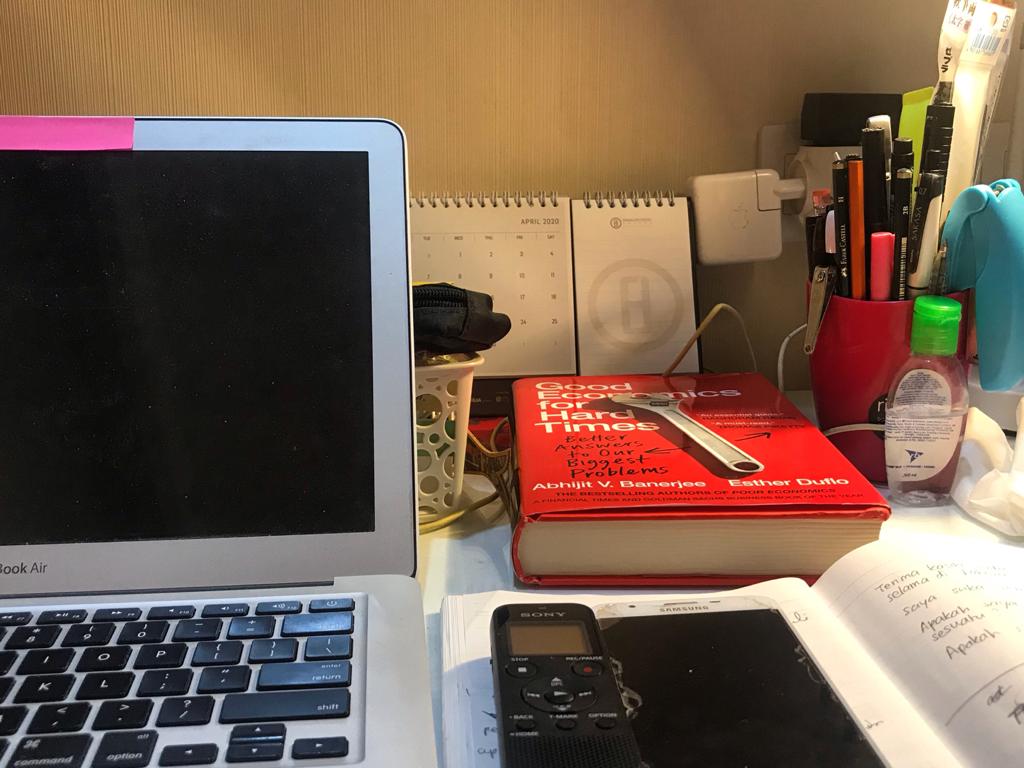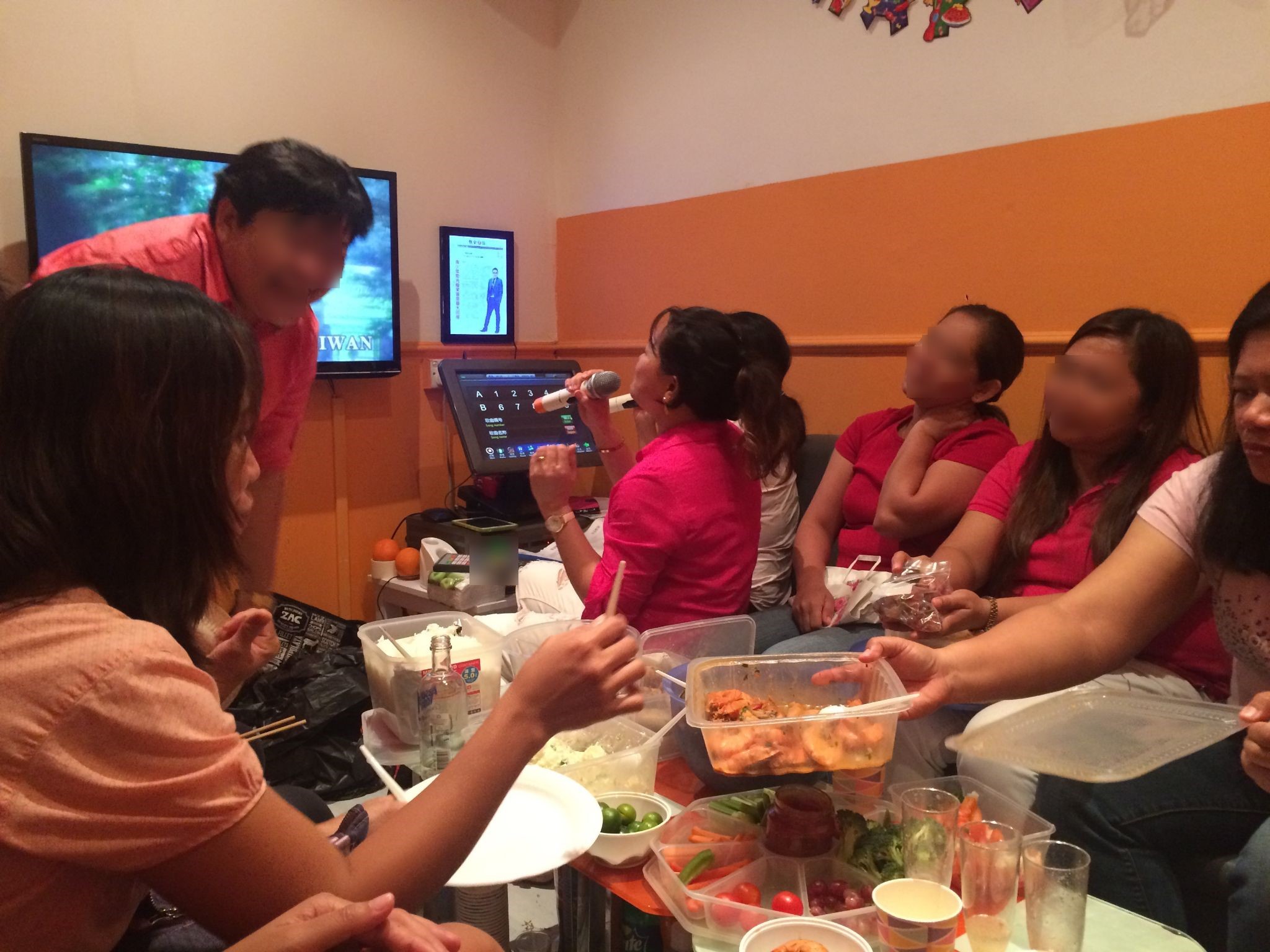This contribution presents a journey into how I established a connection with research participants and improved access to the right persons who can provide the required information in the field. By critically reflecting on the experience of accessibility to potential interviewees in the journey, I discuss the opportunities and challenges for a researcher in collecting narrative data from key informants through a bottom-up snowball sampling method, writes Kon Kim
_______________________________________________
Seoul once experienced rapid economic growth and urban development under a strong interventionist state. The recent economic slowdown and political changes have pressured the city to find alternatives to the previous state-led or market-driven urban development. New forms of participatory governance have been devised to mobilise citizen participation in decision-making. Citizen participation, however, is not simply about direct interactions between the state and citizens. It is also facilitated by ‘intermediary organisations’ that are state- or self-funded bodies working between the state and citizens. Against this backdrop, my doctoral research sought to examine the governance arrangements and network structures of community participation that have evolved through the intervention of intermediary organisations in Seoul. To this end, I endeavoured to ‘narratively’ explore how intermediary intervention has enabled participants to interact with each other and affected their power relationships and social networks in the field. Particular attention was paid to collecting ‘subjective reality’ derived from the experiences, memories, and knowledge of the participants in everyday life as well as objective reality in the physical world (Berger and Luckmann, 1966; O’Connell, 2000).

The key data collection method was in-depth interviewing, which aimed to gather rich local narratives from those involved in intermediary-led community participation in publicly-funded urban regeneration projects in deprived areas of Seoul. The in-depth interviews were planned in semi-structured or unstructured format with an open-ended list of questions (Galletta, 2013), so that I could improvise specific questions and elicit extended answers from interviewees. The semi-structured format was for those from the (semi-)public sector, such as municipal officials, or those from the intermediary sector, such as community workers, while the unstructured format was mainly applied to those from the community sector, such as local residents. This is because of the assumption that such interview formats can motivate interviewees to give more authentic answers while encouraging them to freely express their opinions or thoughts in the free-flowing conversation, which can lead to some meaningful findings.
From Random to Snowball Sampling
At the outset, I began to randomly select potential candidates for in-depth interviews from the list of people involved in the urban regeneration projects. However, it was difficult to gain direct access to the potential interviewees through the random sampling process. During pilot fieldwork, even intermediary organisations in the case study areas were found to be reluctant or declined to participate in official interviews, although the purpose of my research was fully explained to them. Moreover, it was also hard to access the community sector in the case study areas. Neither the public sector nor the intermediary sector was willing to introduce local residents who participated in the regeneration projects. This is probably because they were commissioned by government and defensive towards official interviews about publicly-funded cases with a non-governmental actor, such as me. To get alternative access, therefore, I decided to utilise ‘snowball sampling’ (Gray, 2004), which refers to a non-probability sampling strategy through which the first group of participants helped me to recruit the next cohort of participants among their acquaintances.
To be concrete, I participated as an auditor (a listener) in the two-month training sessions for community organisers designed by Seoul Metropolitan Government. This helped me to build rapport and trust with the trainees who were working as community workers in different regeneration project areas across Seoul. Then, I tried to participate in community-relevant events and workshops led by those whom I had met in the training sessions. I used this new personal network to increase opportunities for indirect access to actual community workers and local residents in my case study areas. Besides, the new network enabled easier access to a wider range of candidates for interview. It included those involved in similar urban practices in different areas, such as community activists, social entrepreneurs, charity leaders, and local officers. Although they were not directly relevant to my case studies, those interviews were nonetheless insightful, enabling me to gain a fuller perspective on intermediary-led community participation while avoiding potential selective bias. Eventually, through the snowball sampling process, 43 interviews in total were carried out during the main fieldwork from October 2018 to January 2019.

However, despite the effort of snowball sampling, I ended up failing to undertake interviews with two main groups of actors from the intermediary sector: 1) directors in urban regeneration support centres who supervised community workers; and 2) leaders in professional firms who hired community workers. This was probably because these actors were sensitive to contractual relationships with the public sector in which they were supposed to deliver the publicly-funded projects on time. The directors, who were directly appointed by the government, were local universities’ professors with limited experience in fields related to community work. They were reluctant to grant official interviews, even on condition of anonymity. Instead, the directors suggested that I interview experienced community workers with whom they worked in their urban regeneration centres.
On the other hand, most of the professional firms involved in the urban regeneration project were architectural or engineering companies that specialised in master plans or design guidelines for (re)development. Despite being selected through an open bidding process by the government, the professional firms often had little or no experience in community work. For them, the regeneration project was the first substantive project where they actively engaged in delivering community participation and community development. The leaders in the professional firms were thus unwilling to give official interviews. Instead, they recommended alternative interviews with practiced community workers whom they hired temporarily during the regeneration projects. This caused the limited analysis and interpretation of the elite intermediary actors’ perspectives in the process of intermediary-led community participation in regeneration. While recognising such limitation as a ‘legacy of the interventionist state’ in the new urban regeneration governance in Seoul (Kim et al., 2021), I endeavoured to make extra effort to better understand the silent intermediary actors, albeit indirectly, from a series of interviews with a variety of community workers and local residents who stay relatively far away from a contractual relationship with the government.
Concluding Thoughts
As qualitative researchers, we go to the field to capture ‘subjective reality’ about our subjects – people, place, society, and so forth. My PhD fieldwork experience was one example of the many challenges experienced by researchers who seek to critically explore the real narratives of people associated with their research subjects by conducting a series of in-depth interviews with these people. This short post has highlighted the significance of building rapport and trust with a wide range of local people in the field through direct engagement in their activities or events, in order to improve access to ‘right persons’ who can provide the researcher with rich narrative data for the research. In my PhD field work, snowball sampling enabled me to improvise a series of meaningful interview sessions while immersing myself in a broader network of stakeholders at the local level. At the same time, however, it also revealed that the bottom-up snowball sampling often prevents the researcher from reflecting on the viewpoints of elite intermediary actors as they tend to be reluctant to accept an interview request through such snowball sampling process due to the persistent legacies of the interventionist state. This suggests that the snowball sampling approach has inherent limitations in collecting authentic data from the appointed professionals or technocrats who act as key players between the state and citizens in Korea and, by extension, in other East Asian countries with similar interventionist legacies in recent participatory urban processes.
References
Berger, P.L. and Luckmann, T., 1966. The social construction of reality [Online]. New York: Anchor Books. Available from: http://perflensburg.se/Berger social-construction-ofreality.%0Dpdf.
Galletta, A., 2013. Mastering the semi-structured interview and beyond : From research design to analysis and publication [Online]. New York: New York University Press. Available from: https://www.jstor.org/stable/j.ctt9qgh5x.
Gray, D.E., 2004. Doing research in the real world. London: Sage.
Kim, K., Križnik, B. and Kamvasinou, K., 2021. Between the state and citizens: Changing governance of intermediary organisations for inclusive and sustainable urban regeneration in Seoul. Land Use Policy [Online], 105. Available from: https://doi.org/10.1016/j.landusepol.2021.105433.
O’Connell, M., 2000. Subjective reality, objective reality, modes of relatedness, and therapeutic action. The Psychoanalytic Quarterly [Online], 69(4), pp.677–710. Available from: https://doi.org/10.1002/j.2167-4086.2000.tb00581.x.
______________________________________________
About the research
This contribution presents a journey into how a researcher has established a connection with research participants and improved access to the right persons who can provide the required information in the field. By critically reflecting on the experience of accessibility to potential interviewees in the journey, the researcher, Kon Kim, discusses the opportunities and challenges in collecting narrative data from key informants through a bottom-up snowball sampling method.
For citation: Kim, K. (2021) Gaining Access to People between the State and Citizens in the Field. Field Research Methods Lab at LSE (30 June) Blog entry. URL: https://blogstest.lse.ac.uk/fieldresearch/2021/06/30/gaining-access-to-people-between-the-state-and-citizens-in-the-field
*The cover image is by and copyright of the Author.





